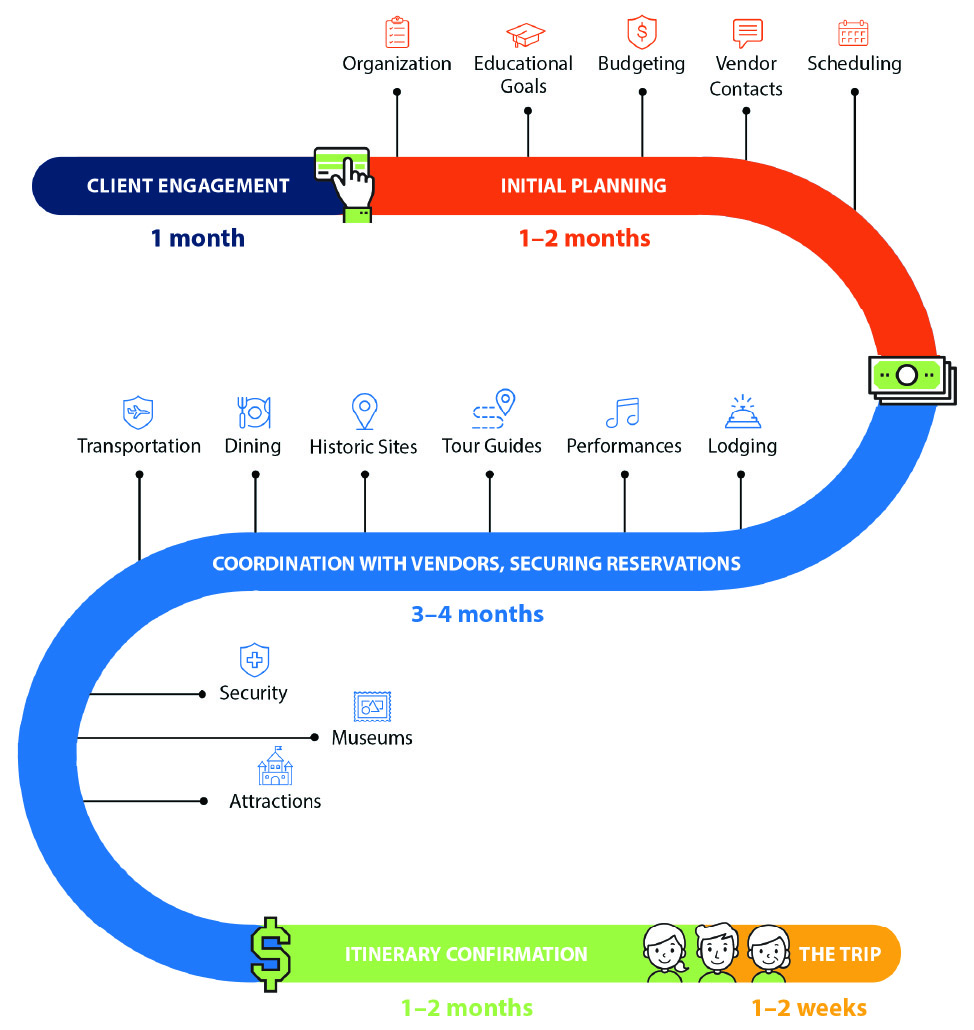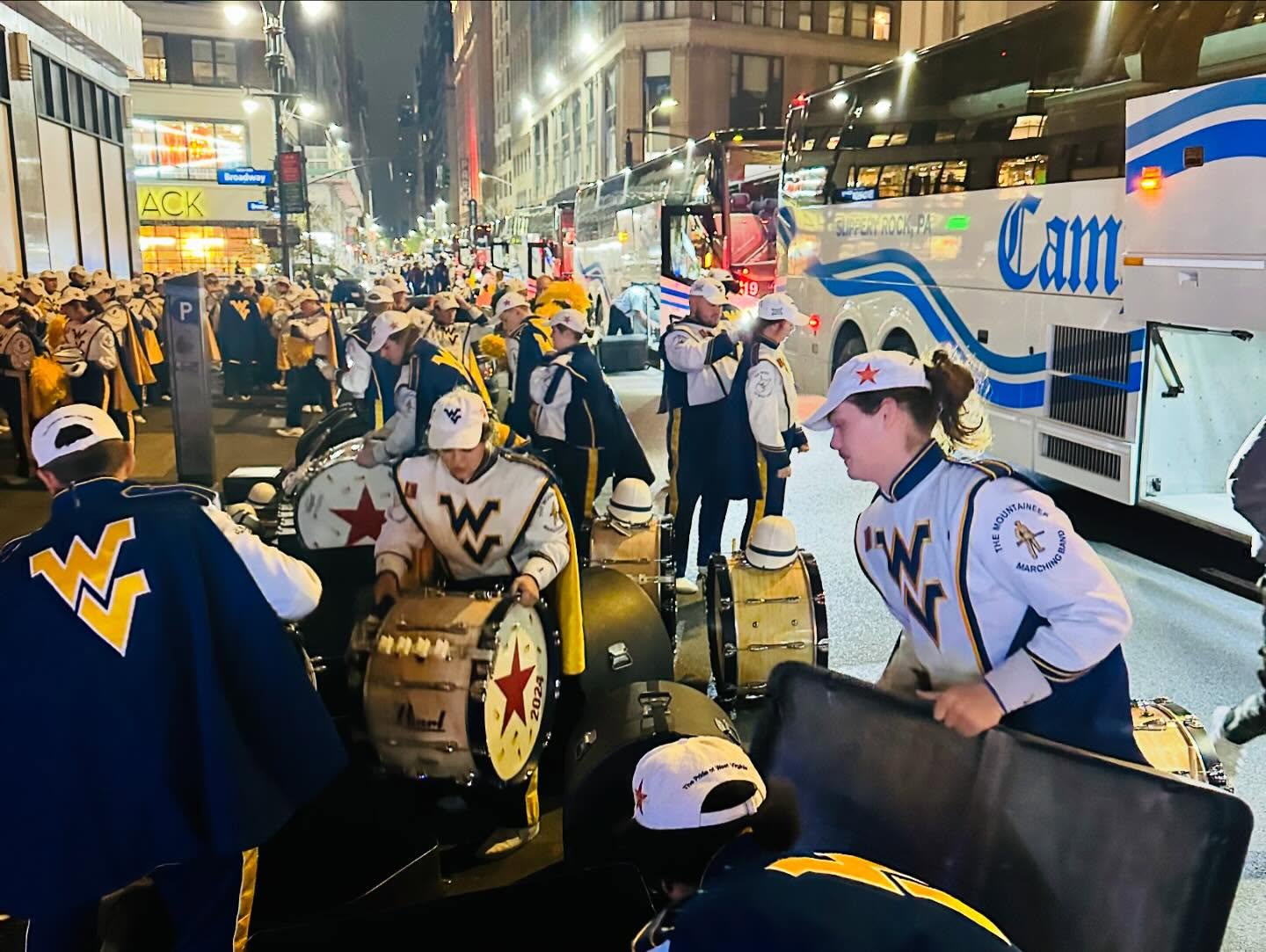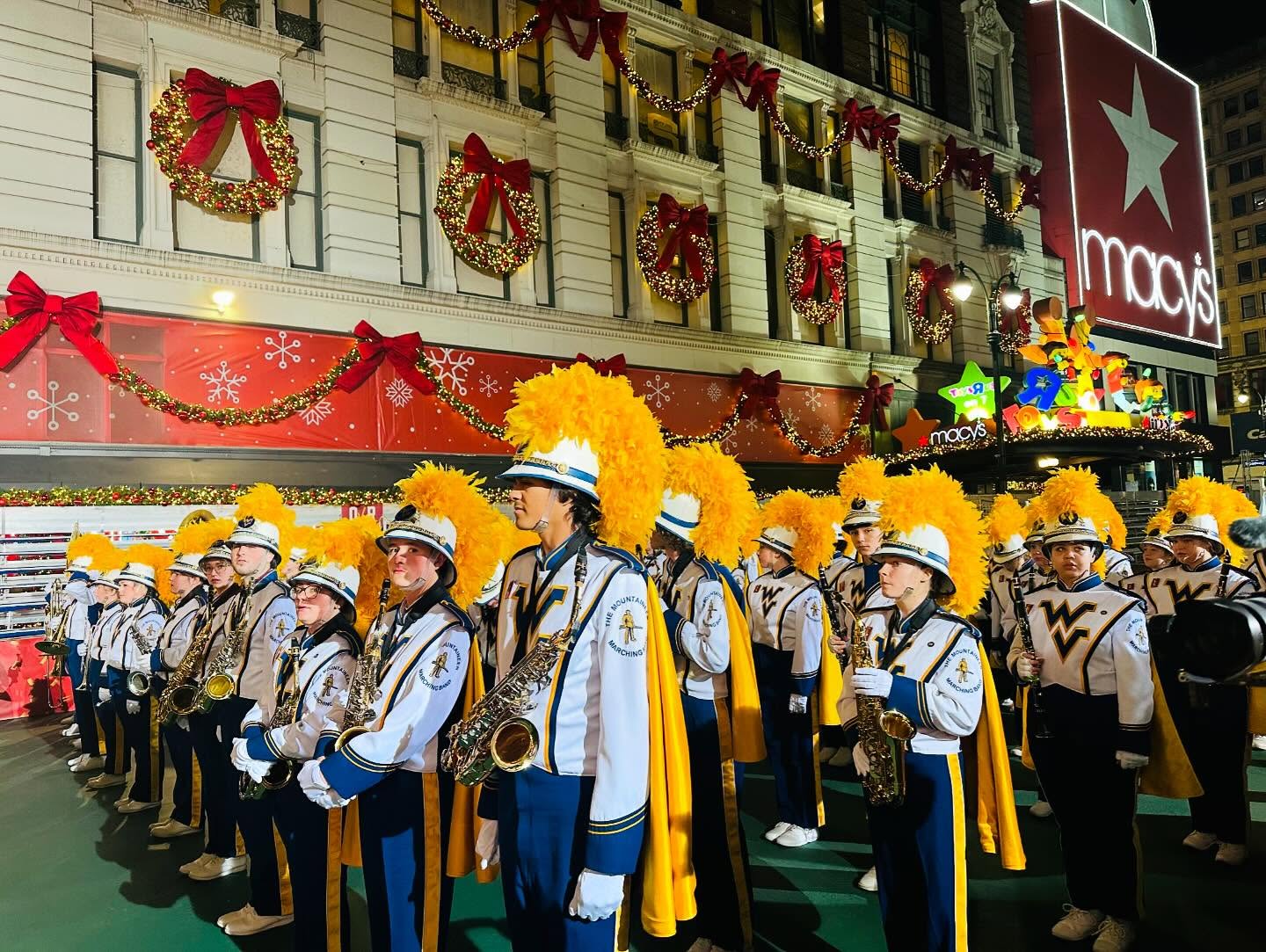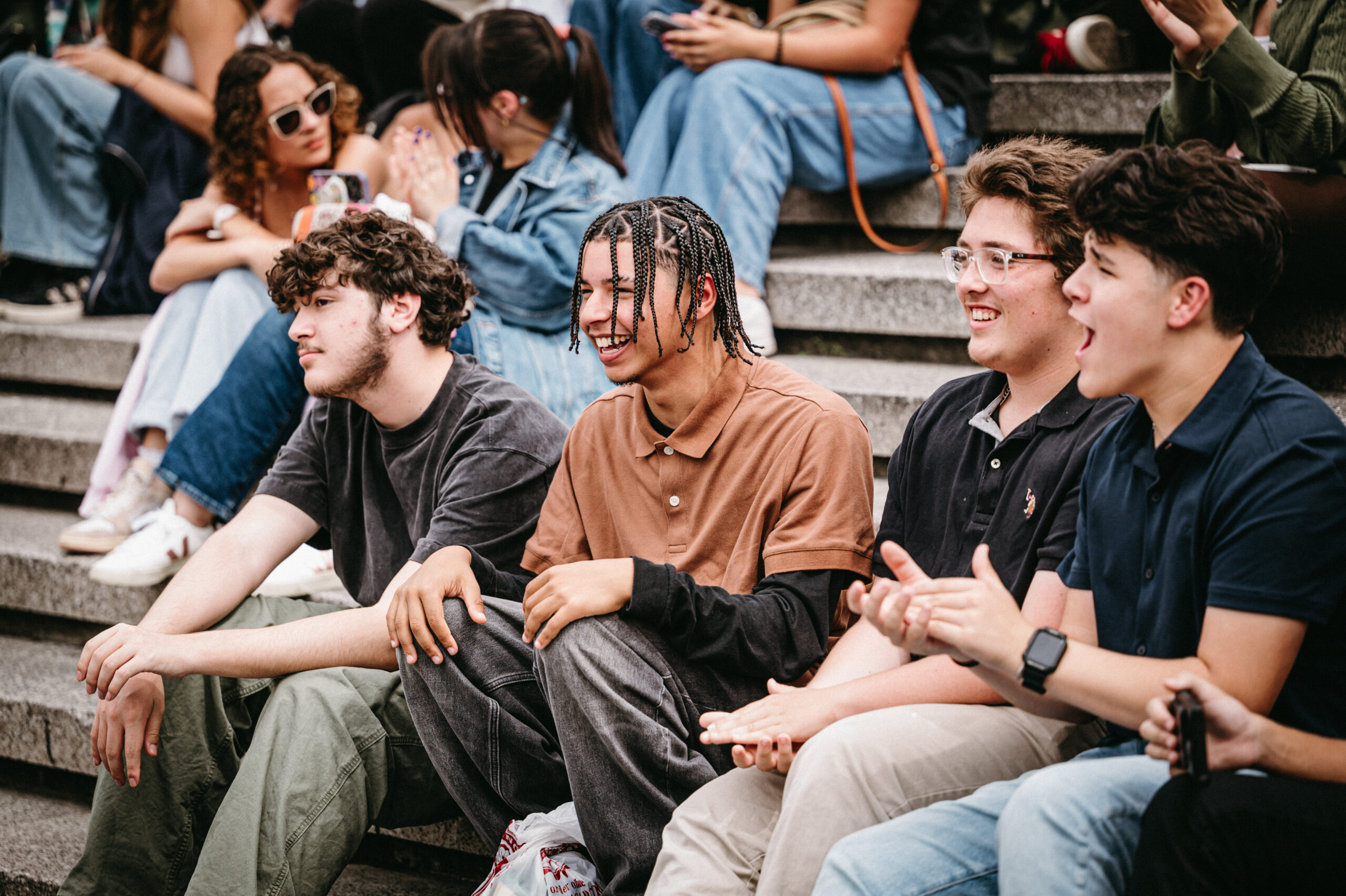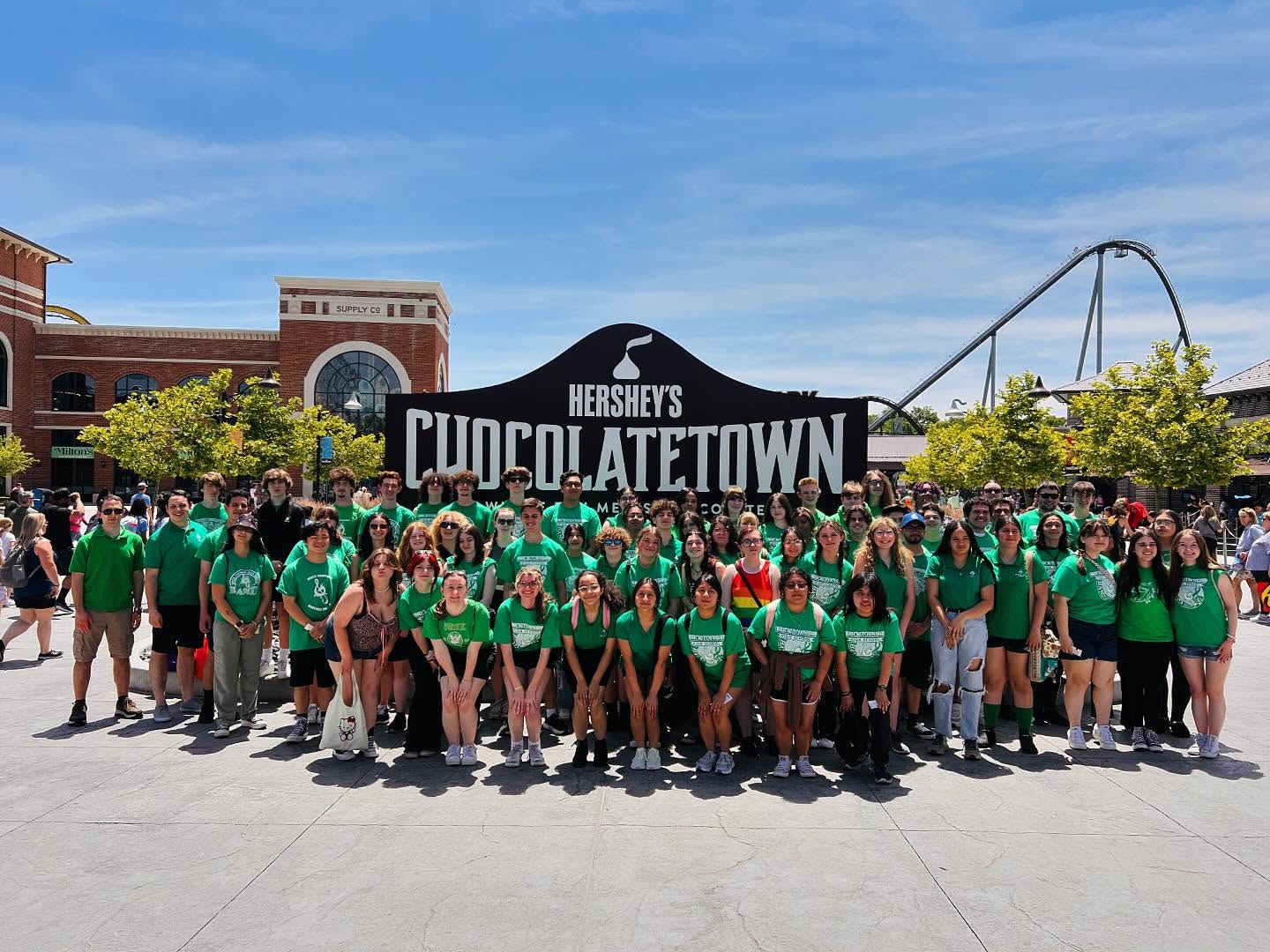M usic has always been an important part of my life. I graduated from NYU with a Master of Arts in music education, played the trumpet at Walt Disney World, and taught music at public and charter schools in New York City. It’s been the great privilege of my life to not only perform music, but to help children across New York City experience the same joy that music brought me.
usic has always been an important part of my life. I graduated from NYU with a Master of Arts in music education, played the trumpet at Walt Disney World, and taught music at public and charter schools in New York City. It’s been the great privilege of my life to not only perform music, but to help children across New York City experience the same joy that music brought me.
Privilege is a key word here. As a white woman I understand that my background afforded me privileges in education and music that people of color are too often denied. The resurgence of the Black Lives Matter movement has forced all educators to look themselves in the mirror. And when it comes to music, what we’ve seen hasn’t been pretty. Black musicians accounted for just 1.8% of the country’s orchestra players in 2014. Nearly 9 in 10 music teachers are white.
These numbers are unacceptable and reflective of an education system that too often prioritizes the music of white, male musicians while sidelining music outside of our Eurocentric bubble. This cannot continue. If we truly desire to make music accessible to every child in this country, we as music educators must make a concerted effort to decolonize music education.
Of course, teaching Western music is not inherently problematic. It is still extraordinarily valuable for children to be exposed to the great works of the past, and neither myself nor other like-minded educators are calling on teachers to stop teaching the music of Western artists and composers. What we do want is to ensure the works we ask our students to sing come from diverse and authentic perspectives that don’t have origins that dehumanize others.
Music education, like music itself, has an oral tradition. Songs are passed down without much thought about their origins. As a long-time teacher, I took advantage of that tradition. I specifically remember teaching my students the song “Five Little Monkeys.” I thought it was a fun way to teach musical concepts, and it brought tremendous joy to my students, especially when I combined it with a puppet show. When I discovered the song’s brutally violent and racist past, I immediately stopped using it. I feel horrible that I taught my students something so revolting and violent.
For the first time, educators like myself are being forced to confront their oral traditions and ask themselves “Where does this song come from?” I’m proud of my colleagues at Education Through Music (ETM) who, with the support of nonprofit Decolonizing the Music Room, systematically vetted our library of 1,400 songs and removed those that had racist lyrics and origins like “Five Little Monkeys.” It has forever changed the way I consider songs in our repertoire, to the point that I did extensive research on a song my nieces learned in summer camp, in the same way we train our teachers to vet their repertoire.
Beyond simply removing songs, we should add music to our repertoire that gives students a broader understanding and appreciation of non-Western culture. The same vetting process must be done here as well to ensure what we are teaching is authentic to that culture. At ETM, we don’t just look to see whether our library is all euro-centric, we also want to make sure it’s truly authentic to different cultures. That’s why ETM had our teachers meet with musicians from countries like Iraq to learn how to perform their native music respectfully.
At the 2019 Society for Music Theory Conference, Philip Ewell rightly noted that classical is one of the only forms of music that isn’t prefaced by words like “popular” or “folk,” effectively “othering” non-Western forms of music. We must move away from this philosophy that some music is more “important” than others. Let’s find out what artists our students are listening to, and introduce them to the music we love from all different cultures and genres. Bring in organizations like Decolonizing the Music Room to learn other actions you can take to welcome diverse narratives into your classroom. When we do that, not only will students of color feel represented in their lessons, but we broaden all children’s perspectives and get them more interested in music.
I’ve seen the results of a diverse music education first hand. After Leah Thakur, an ETM teacher in the Bronx, NY, taught her students a song by pop star Lizzo, one student decided to join the band program and take up the flute. If Leah had stuck to a Eurocentric music curriculum that focused solely on white composers students couldn’t relate to, perhaps this young woman would never have taken up an instrument.
Music has the power to open doors to fabulous opportunities. I’m living proof of that. But if we continue to teach songs with harmful histories and only prioritize a certain subsection of music, those doors will remain closed for students of color. It’s time for educators across the country to bring a new perspective to their music rooms.
Stephanie Nantell is director of curriculum and programming at Education Through Music (ETM).



